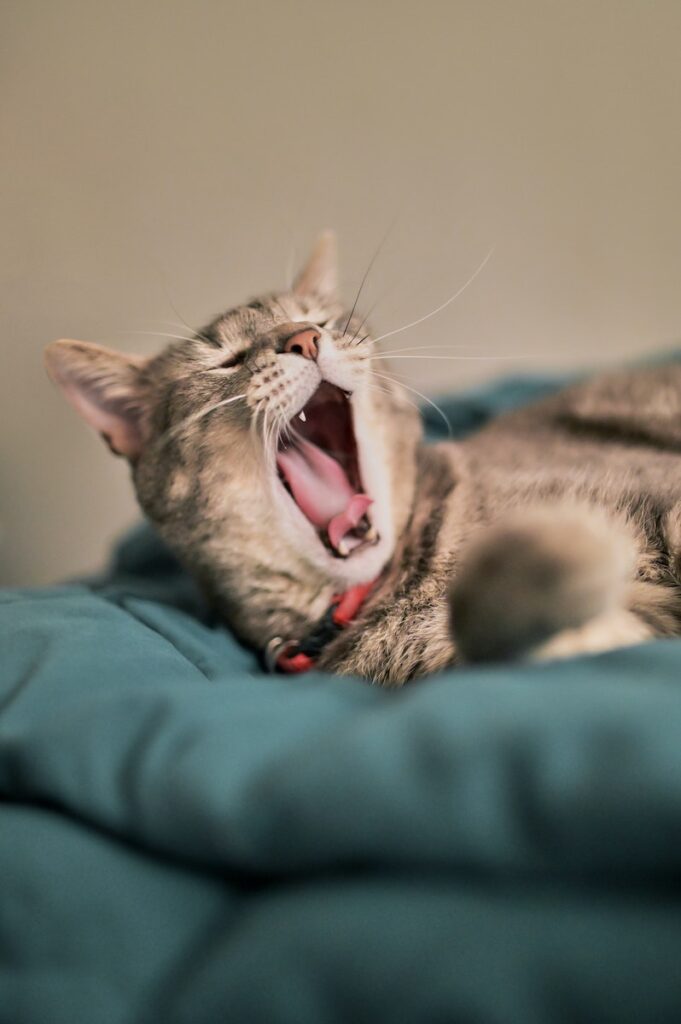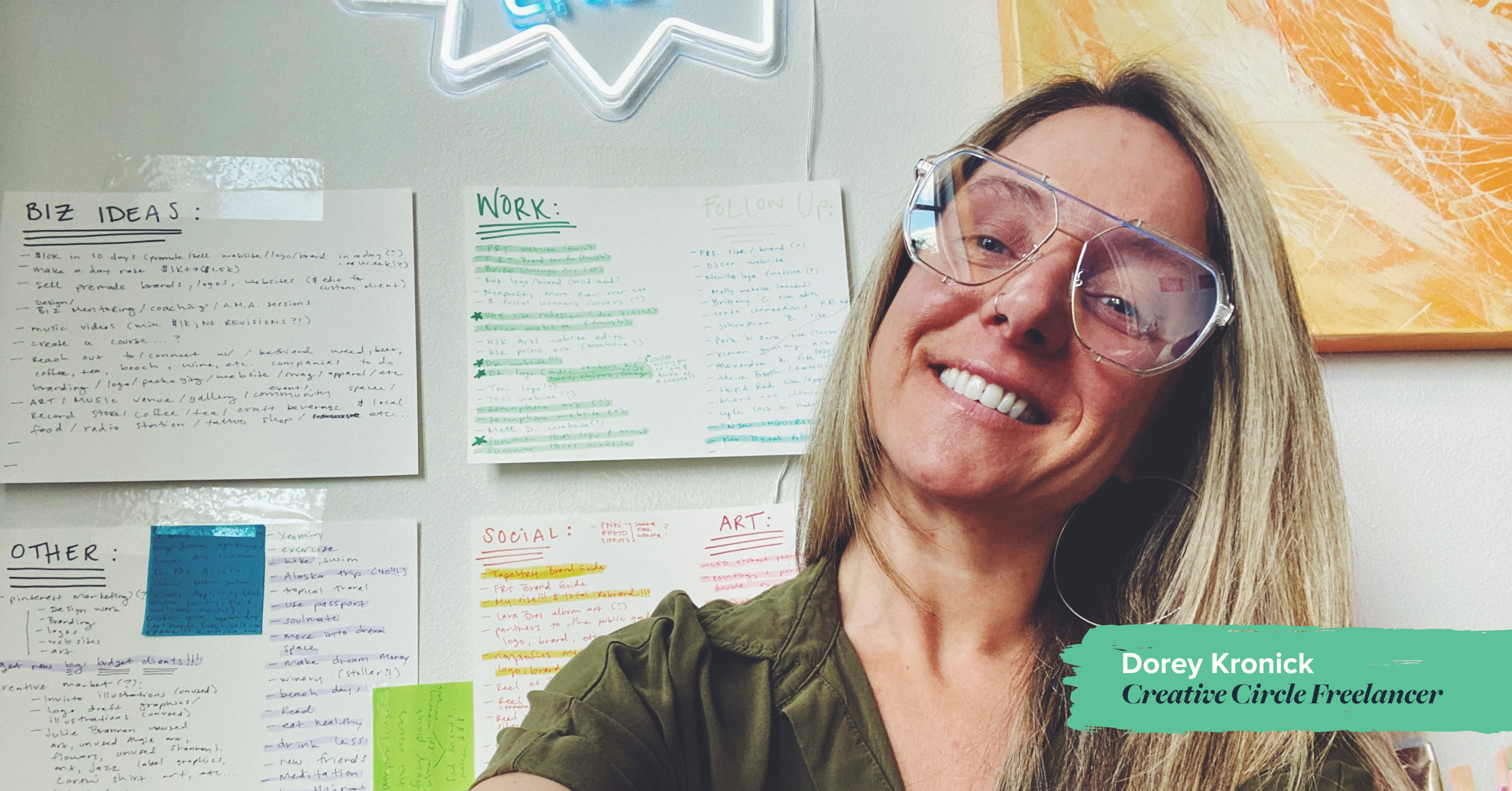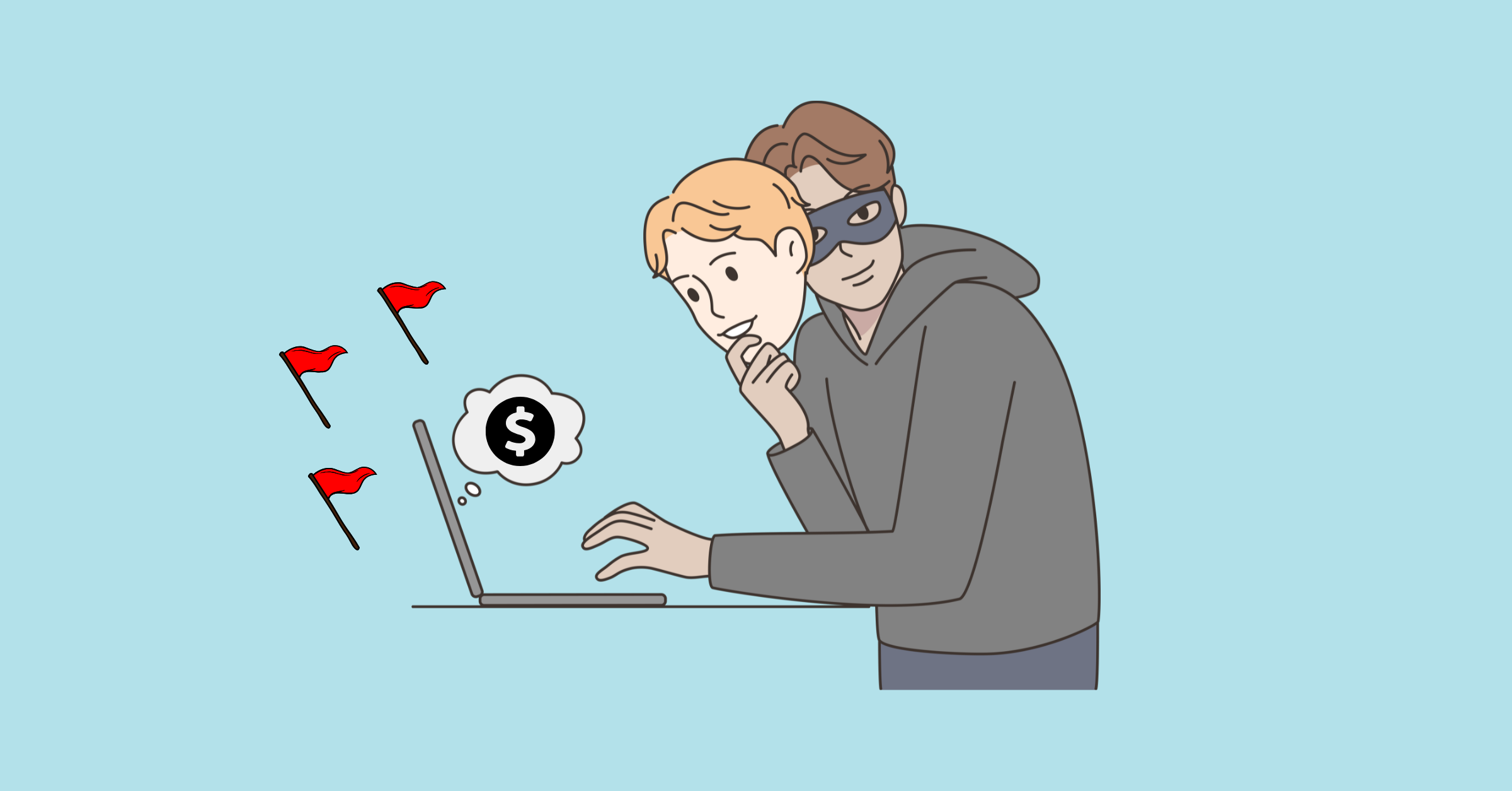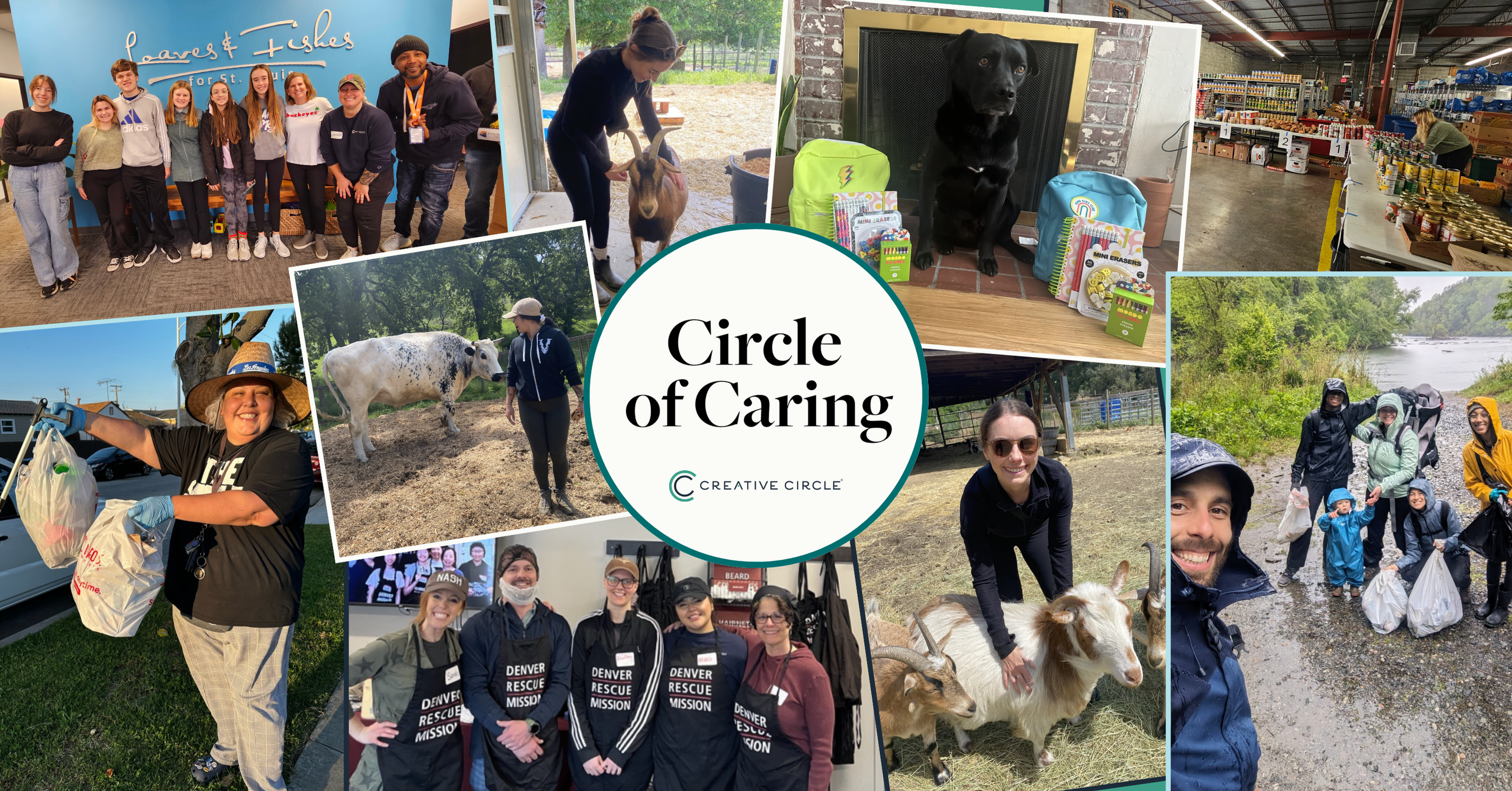Angry. Weepy. Irritable. Unfocused. Tired. Anxious. Emotional. Withdrawn. Combative. Hopeless. Depressed. Invaded by negative self-talk.
These are just a few of the states I’ve passed through in the past year. After sustaining a concussion last November, I’ve experienced a range of symptoms like sensitivity to light and sound, nausea and pain, but the hardest one to work through has been my inability to sleep through the night. In the beginning, I could barely sleep at all. Over the past couple of months, I’ve found a range of remedies that have not cured me completely but have gotten me to the point of actually functioning. Since I started researching, and since a global pandemic raised the collective anxiety, I learned I was not alone. In fact, insomnia plagues 10-15% of the US population leading to 5.5 million office visits in 2010. I would venture to guess those stats are elevated now.
Long term, insomnia can cause impaired performance, slowed reaction time, increased risk for mental health disorders like anxiety and depression, and increased risk for long term illness like heart disease or high blood pressure. And if the health effects aren’t enough to worry you (although they should be), a 2011 study found that insomnia costs the U.S. workforce $63.2 billion in lost productivity every year.
Thanks to an increase in collective anxiety, depression, isolation, greater family and work stress, excess screen time, and stress-related fatigue, a lot of us are having a hard time sleeping well. We’ve had some time to adjust and most states have reopened, so maybe our schedules are a little more normalized, maybe we’re getting out more in the fresh fall air, but maybe it’s still not quite what we need to get quality sleep. If at this point sleep is still an issue, it could become a more long-term problem like insomnia disorder, circadian sleep-wake disorder, or nightmare disorder. Or maybe you’re finding yourself in some weird in between place like me where you’re starting to get sleep again … just not quite enough.
I’ve tried a lot of things to get my sleep back in order. Things have helped, things have hurt, things have done nothing. The following isn’t medical advice, just the reports of my experiments with a range of remedies spanning over the past 7+ months. Consult with a doctor before getting too crazy.
Food + Beverages
Almonds
Almonds are a great source of melatonin and magnesium. Enough for them to do anything on their own? Not really, but I will grab a handful if I didn’t eat enough dinner and start to get hungry before bed.
Chamomile Tea
The soothing effects of this tea are certainly not lost on me, but again, not quite strong enough for my issues.
Turkey
Turkey contains tryptophan which increases the production of melatonin. I have had ground turkey for dinner a few times and I’ve had overall better nights of sleep, but I also just ate better in general on those nights. Like the above, it’s not a cure, but it doesn’t hurt.
Tart Cherry Juice
While tart cherry juice has been shown to elevate melatonin levels, I didn’t notice enough of a change to write home about. It was a delicious pre-sleep beverage, but with all these liquids, I’m more likely to wake up to pee.
And more…
There are tons of foods recommended for inducing and elongating sleep which may or may not have some effect, however, none of it seems to be strong enough for those of us with bigger sleep issues. I try to have a solid clean meal two hours before bed, full of protein, fat, and veggies, sometimes with a light carb element.
Accessories
BedJet
This cooling device blows cold air into the covers so my overheated body stays cooler for longer, but the mattress beneath me still gets warm and I usually have to move to cool down. Helpful, but not a cure.
Eye mask
Hell yes. Darkness lets our bodies know it’s time for sleep. This is a solid piece in the sleep-well puzzle. At least it is for me. I use an eye mask that kind of looks like a bra so it doesn’t press on my eyes, although some people like that pressure. Go wild. Experiment. I don’t use it every night, but if I’m going to bed earlier and there’s light creeping in from the living room, it’s essential.
Earplugs
I started using earplugs long before this issue came up. As a light sleeper living in New York City, I used them nightly to drown out the sounds of motorcycles, music, and general debauchery on the streets below. The habit has stuck with me through the move to Miami and especially now in my partnered state, it keeps his snoring from waking me … most of the time.
If you’re a light sleeper at all, earplugs can be a godsend. I alternate between reusable ones like Happy Ears and foam ones.
Acupressure Mat
Whenever I have a pain or anxiety flare up, this is my go-to. Some people love it, some people hate it. If you are not down with a little pain, I don’t recommend it. But for me, ten minutes of acute pain can lead to some relief from anxiety and more chronic pain. Studies show its potential for pain relief, as well as its safety!
Exercises
Viparita Karani (Legs Up the Wall)
As a yoga instructor, this is one of my favorite restorative poses. Throw your legs up the wall or onto a chair and just feel those femurs sinking into the hip socket. It’s relaxing and good for almost any kind of pain in the back or pelvis.
And of course, a long-term yoga practice is great for your body, mind and spirit, bringing clarity of mind, awareness, and it even reduces inflammation.
Meditation
I’ve been a consistent meditator for nearly 6 years. It definitely helps every aspect of my life and well-being, but it got harder after the concussion and chronic pain set it. I’m not as disciplined as I used to be, but I try to get in at least 10-20 minutes per day. It’s definitely helpful for sleep.
Cardio + Strength Training
Thirty minutes of cardio per day has been shown to improve sleep, as long as you don’t work out right before bed. Strength training also leads to better sleep quality and duration. In my experience, there’s a sweet spot. If I work out to exhaustion and cause a lot of extra pain, my body gets more stressed than tuckered out.
Habits
No Screens Before Bed
So I started this as a battle against blue light, but apparently the science on that is still under debate. However, I find staring at my phone and scrolling, or watching TV doesn’t let my body wind down. I get much better sleep when I spend the hours before bed listening to music, using the acupressure mat, reading, and listening to music.
Listen to Something
I don’t have headphones that I enjoy sleeping with, but I did find some benefit to listening to binaural beats or some audio like Bedtime Stories helps prevent anxious thoughts and gets me back into relaxation and sleep mode.
Consistent Wake Up + Bedtime
I hate this one, but I do my best to go to sleep between 11 and 11:30PM. I usually wake up between 7:30 and 8AM. I used to prefer early morning wake ups, but this is what my body wants right now, so I must obey. This one is super important and beneficial for everyone.
Another technique people use is having the same wake up time, even when you have trouble falling asleep to train your body, but I lack the constitution for that kind of torture.
Cutting Down Caffeine + Alcohol
After a poor night of sleep, pounding coffee seems like a great idea, but I try to stick to one cup before 11AM so that it doesn’t keep my nervous system too amped up. (I’m extra sensitive to it, but the average person should be fine.) I don’t drink alcohol because it’s bad for my brain and my body hates it, but it also really messes with sleep quality. I have never smoked cigarettes (except for that one week in Paris and a few sad-girl nights out in my early 20s), but that’s not great for sleep either, just FYI.
Keeping it Cool
65°F is the optimal room temperature for sleep. I feel bad cranking the AC that much, so I opt for 68°F, but if you live somewhere cooler than Miami, bless you and enjoy.
Hot Bath or Shower
Taking a hot shower before bed actually cools the body down, letting the body know it’s time for bed and helping the average person fall asleep more quickly.
Changing Locations
Often when I wake up, staying in bed just makes things worse. I’m restless or too hot and can’t get comfortable. I used to move to the couch and fall asleep for a while and eventually make it back into bed. Now, however, I move to another mattress.
Mindset Manipulation
At its worse, my insomnia kept me awake most of the night, anxious, tired, and frustrated. A common phrase to describe the post-concussion brain is “tired and wired” so you can imagine how fun that must be. I started getting super stressed any time I woke up, dreading the horrible day ahead.
Over time, it became clear that even if I was tired, it wasn’t the end of the world. When I was still in recovery, I had to take time for naps to heal my ailing brain. Now, a bad night of sleep just means the next night will probably be pretty good.
Supplements & Medication
5HTP Supplement
5HTP is an amino acid that your body uses to produce serotonin. It has a range of benefits from easing depression to helping with sleep. It didn’t really help me sleep, but I think I was less cranky while I took it after a poor night of sleep.
Melatonin
Melatonin supplements alone didn’t do much for me, and it’s not recommended for long-term use, so I ditched it (although it comes in another supplement mentioned below). It’s mostly recommended for short-term use like jet lag.
GABA
This is another one that made a little difference. Maybe a little calmer, but not much. GABA is an amino acid that works as a neurotransmitter. Studies show it can help with anxiety, insomnia and fatigue, but the studies were small and it seems our bodies aren’t great at absorbing it in supplement form.
Advil PM
When I need pain relief in addition to help sleeping, this is my go-to. However, I find that taking the recommended 2 capsules can sometimes make me feel wired out and unable to sleep. With just one pill, I usually do pretty well. Some folks prefer Benadryl for their OTC sleep aide although I try not to do this more than a few times a month.
Magnesium
After a concussion, your magnesium levels drop really low, and I have the lab results to prove it. Furthermore, studies suggest 75% of Americans are not hitting their daily intake needs of this essential mineral. I take a few different supplements, but for sleep I prefer might nightly CALM drink. I used to use the regular one but then discovered the “Calmful Sleep” one which contains GABA, L-Theanine, and melatonin cutting my supplement game down, getting more magnesium into my brain, and helping to induce that state of relaxation.
CBD
While studies are ongoing for CBD, it has shown promise to treat pain, anxiety, and sleep, and my baseline anxiety has definitely leveled out since I started taking it. While the magnesium calms my muscles, this soothes my nerves and makes the wind down relaxation time a little easier. I use 2-3 droppers full of Charlotte’s Web CBD oil — which comes out to 35-55mg — 1-2 hours before bed. (And I don’t make money telling you that, it just works for me.)
In Conclusion
Eating well, exercising and keeping up my meditation practice definitely help my body stay on track for health, but they’re not always enough for chronic sleep issues. For now, my best bedtime routine consists of a hot shower, 20 minutes on the acupressure mat, lowering the AC to 68°F, making my CALM Magnesium supplement drink, some Viparita Karani time, ~60mg of CBD oil, and reading War & Peace until I get too drowsy to keep going.
I tried a lot of things that worked and a lot that didn’t. But ultimately experimentation was my friend and allowed me to shake the hold insomnia had on me. Remember, this is all super personal so talk to your doctor, experiment, and find what works best for you!
About the author.
Alessandra is the mentor, educator, and writer behind Boneseed, a private practice devoted to deep self-inquiry through a range of physical, energetic, and mental modalities. She has over 500 hours of yoga, mentorship, and facilitation training and can be found slinging knowledge on her website, newsletter, and @bone.seed.




